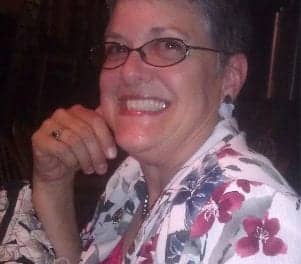October 11, 2007
The reigning Miss Deaf Oregon, Ashley Beghtel, is using her unique status among college athletes to advance the development of leadership skills in deaf youth to support that group’s self-esteem.
"Deaf children suffer from isolation in ways that are far beyond the obvious auditory differences they experience," says Beghtel, an athlete since childhood who joined the University of Oregon’s womens lacrosse team and became the nation’s first NCAA Division I deaf student athlete to participate in a varsity womens’ sport.
"They have none of the building blocks to create the foundation for building high self-esteem if they don’t have leaders and role models. Instead, society offers the idea ‘Oh you’re deaf, you can’t do anything.’"
Beghtel knows from personal experience how leadership roles foster resilience in youths.
She won her regional title, in part, on the strength of her presentation, "Dare to Dream," that described her experience and the obstacles she has had to overcome as a member of the UO women’s lacrosse team.
"It is an example of an area where society in general wouldn’t think it could possibly happen, because of the intensity of that level of competition," she remarked. "But I said to myself, ‘I can do this.’"
Born hearing, Beghtel contracted spinal meningitis at twelve months of age and became deaf. Her mother supported her learning about the world by encouraging Beghtel to participate in sports.
A soccer player from the age of 5, Beghtel developed strong communication on the field. With teammates, she learned to take the initiative to set up cues well in advance.
"I use a lot of body language. I show my team how to point and indicate directions. I always try to get everyone motivated to work with me," Beghtel says.
Several UO teammates also studied American Sign Language (ASL) to learn more about deaf culture.
"I’ve always lived my life as a pretty intense player. By the time you reach the collegiate level, you share the basic concepts of how the game is played. For me, there was no question of succeeding. My parents instilled in me that, in life, if you want to make something happen, you go for it," Beghtel says.
Currently an intern at the Oregon State School for the Deaf in Salem, Beghtel is working on a senior project that will adapt educational techniques known as positive behavior supports to address the needs of students who attend the state’s school for the deaf.
Source: University of Oregon




